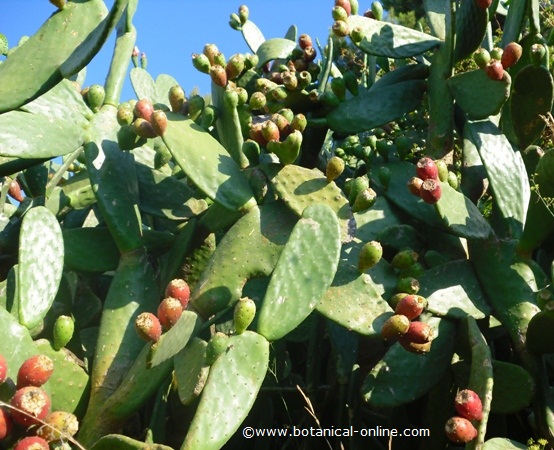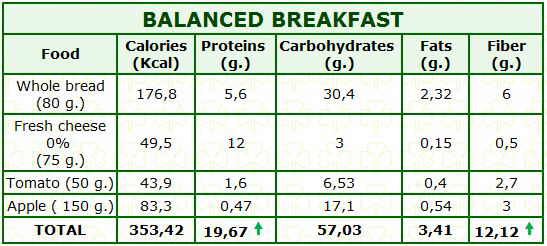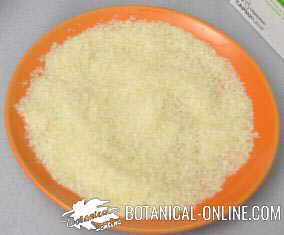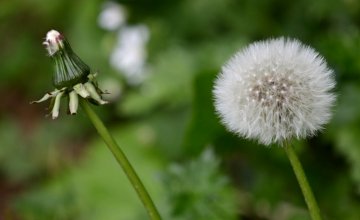Contents
Pepper medicinal properties
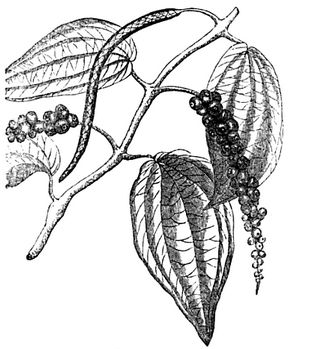
Pepper it is a powerful source of health that is very interesting to know. Its traditional use, almost essential in the kitchen, is just a small vestige of the great value that pepper once had.
What is pepper for?
Pepper has the following benefits:
- It is aperitif and digestive. It increases salivation and gastric secretions
- Lowers cholesterol
- Anti-inflammatory
- Antiseptic
- Increases the absorption of other beneficial substances
- Antioxidant
We could venture to say that the consumption of this spice, which has persisted throughout history to the present day, probably responds to the fact that the ancients already intuited these extraordinary properties that it has. And therefore they incorporated it into the diet as an authentic super-food.
All this without forgetting that, in addition to its possible virtues, pepper has exceptional organoleptic properties, constituting the perfect union between gastronomy and health. That is why, for many civilizations, pepper was considered an excellent spice for dishes due to its flavor and digestive properties.
What does black pepper do to the stomach?
Pepper, so prized in ancient times and today, has properties to increase salivation (sialagogue remedy) and stimulates the acid secretions of the stomach. It is used as an aperitif and digestive and is indicated in people with a lack of appetite.
This spice also helps the gastric emptying, so it is recommended in healthy people with slow digestions.

Pepper is also a carminative spice, which also helps to promote gas removal. All these properties make it a very suitable plant on the table of any restaurant.
What is the active ingredient in pepper?
The active or medicinal ingredient in pepper is piperine, an alkaloid responsible for its pungent taste. It is a widely studied compound, which has shown dozens of properties. Among these, its analeptic effects (to stimulate and strengthen the body), anti-inflammatory, antioxidants, hepatoprotectors, secretagogues (which stimulate digestive secretions), thermogenic, thyroid stimulants, to lower cholesterol stand out and also has muscle relaxant activity.
Although piperine is the main medicinal compound in pepper, there are also other substances that complement or enhance its effects, such as essential oils, flavonoids and other phytochemicals.
* Related information: Pepper medicinal properties / Food properties of pepper
![]() More information about black pepper and other types of peppers.
More information about black pepper and other types of peppers.

